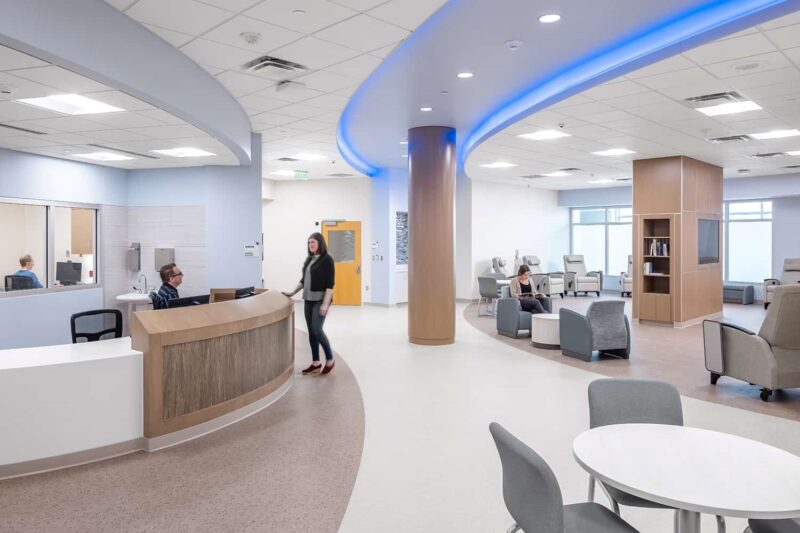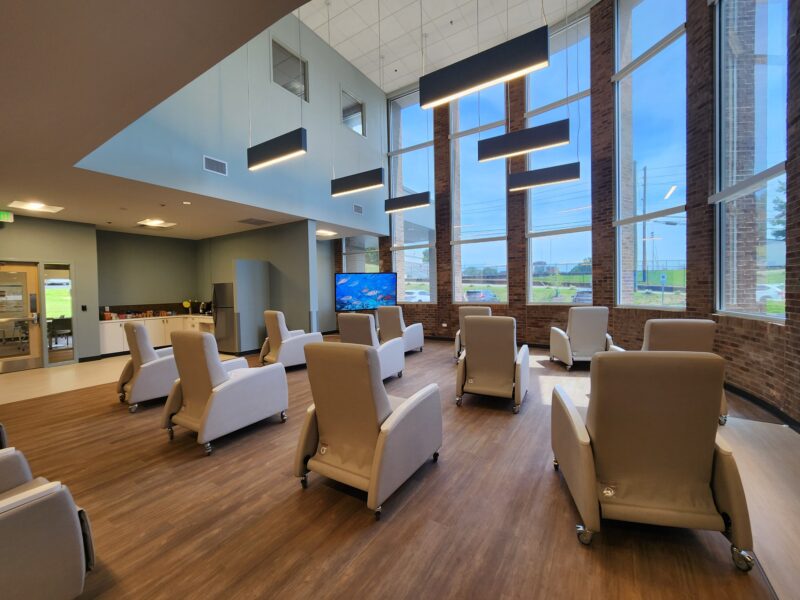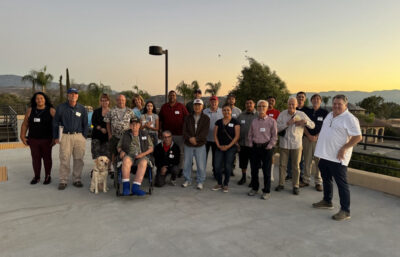Henry Mayo Newhall Hospital is completely rethinking care for patients experiencing mental health crises, officials confirmed this week, leaving service providers excited for a service one expert called “historic.”
An EmPATH unit, which stands for Emergency Psychiatric Assessment, Treatment, Healing, would add a brand new environment within the hospital’s campus, where patients can be admitted when they’re in crisis, according to Vicki White, chief nursing officer for Henry Mayo.
The new resource was helped by a $3 million grant the hospital received in 2023, which brought in Dr. Scott Zeller, who pioneered the program, and a team of experts to share the methods with hospital staff.
The genesis for it was the “Alameda model,” Zeller said in a phone interview Thursday, referring to a program he created at five Alameda County hospitals in Oakland in 2013.

The study “basically demonstrated that the great majority of psychiatric emergencies can be resolved in less than 24 hours,” he said, “if you initiate an evaluation and treatment right away, and then have the treatment going on in a more comfortable and therapeutic environment.”
“That’s the main goal,” Zeller said, adding it’s a night-and-day shift from the traditional emergency room environment patients often face due to bed availability.
White said that a patient experiencing a mental health crisis can be triggered by the numerous stimuli that exist in an emergency room, which can be where they wait for available space in a mental health facility.
The EmPATH unit is a very “noninstitutional” environment by design, White said, with recliner chairs, and an atmosphere that offers patients free access to activities, food or therapy, for example.
While it sounds like a drastic change from securing a patient to a gurney, Zeller shared an analogy that helped explain how “really ridiculous” the traditional care continuum can feel for a patient in crisis.
“You go into the regular ER and you’re having an asthma attack and you can’t breathe,” Zeller said. “If they treated you the way that most ERs treat a psychiatric emergency, they’d say, ‘Oh, I’m so sorry about your asthma attack. Come with us. I’ve got a chair and a back hallway for you to sit for the next couple of days while we try to find you an asthma hospital. Please keep breathing. We’ll check back with you in eight hours.’”
If you had an asthma attack, “they’d get you right in, they’d give you oxygen, they’d give you a nebulizer and pretty soon you’d be breathing well, and most likely, you’d be going home,” he said.
The EmPATH unit is the same idea.
“This represents an opportunity for us to really receive patients when they’re in crisis, get them better, sooner or more stable, and then get them out to wraparound services in the community,” White said, “so that they’re not constantly in crisis or so that they don’t have to be in a long-term behavioral health hospitalization or get involved with law enforcement or suffer what they often suffer because of the debilitating effects of mental health on their lives.”
Henry Mayo has a care team that’s working on the program, which includes “multiple streams,” as there are a number of aspects of the hospital impacted, White said.
There’s a designated space, a timeline for implementation and architectural plans, which have been supported by the hospital’s grant.
The goal is to have a contractor secured by September for the project, White said, adding the timeline also calls for an opening in early summer 2026.
Larry Schallert, who represents Supervisor Kathryn Barger on the county’s Behavioral Health Commission, said the program would be significant for more than just patients.
He praised the hospital and its work with the county’s Department of Mental Health for being able to bring the program together.
“The urgent mental health care will provide an excellent alternative to hospitalization at the behavioral health unit and, importantly, an alternative to driving or being transported to distant services in the San Fernando or Antelope valleys,” Schallert said. “I applaud the dedicated collaboration between Henry Mayo Newhall Hospital, the Los Angeles County Department of Mental Health, our local providers, our county supervisor Kathryn Barger and her tireless deputy Anders Cory who made this historic service possible.”













